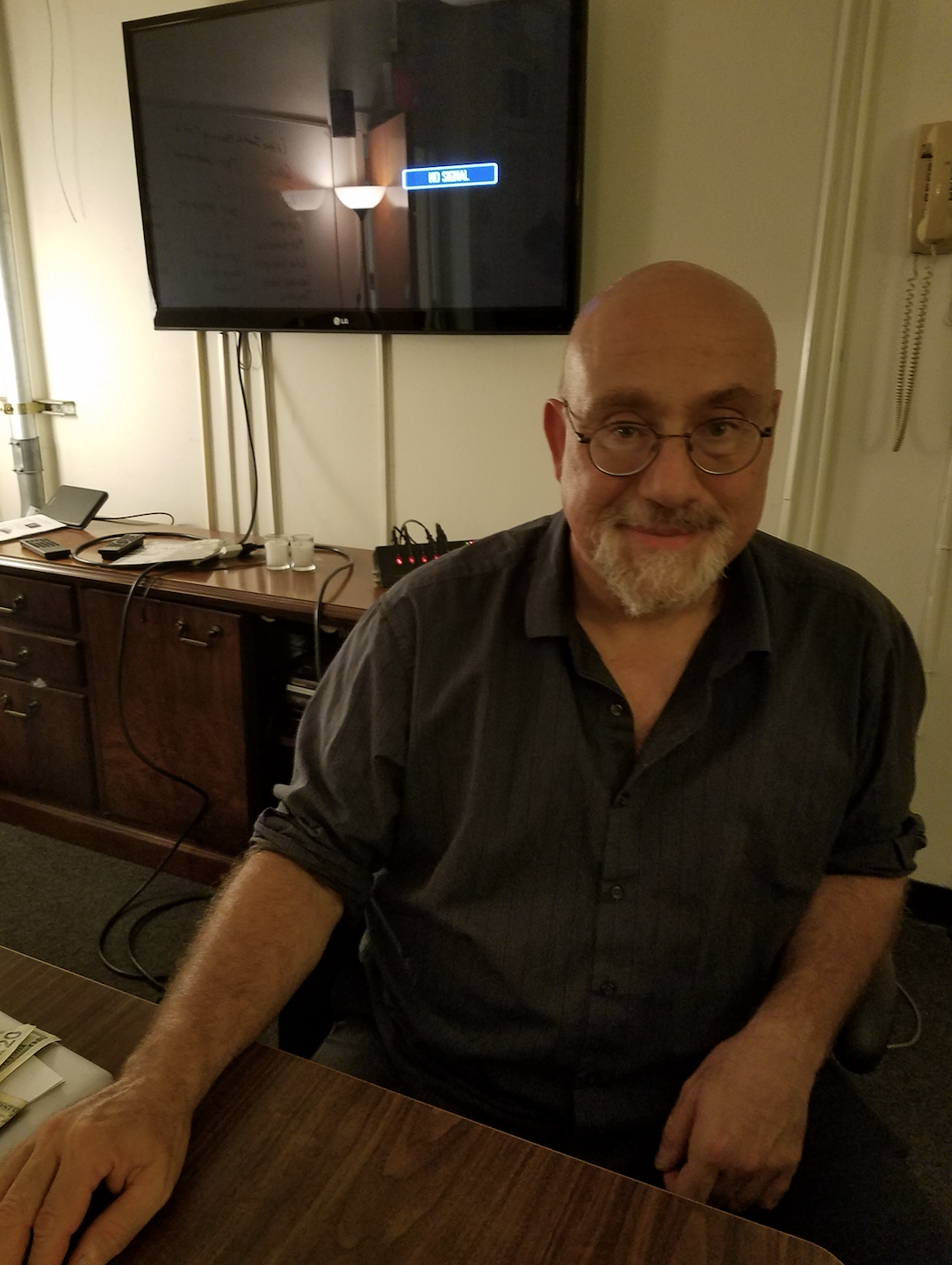Queens College, Media Studies Department, hosted their 3rd Colloquium on Wednesday, Oct. 4, 2017. Andrew Fisher gave a presentation about the relation between anti-hunger groups and corporations, and showed multiple commercials highlighting the collaboration. One commercial showed a group of volunteers helping give people food; once the commercial ended, the audience discussed advertisement placement and the use of race. Following the commercials, there was a PowerPoint presentation about the quality of food being given to others.
“There is a lot of misconception about who is hungry and who isn’t. People often classify the poor into 2 categories: deserving poor and undeserving poor,” Fisher stated. There always seems to be a limit on how much a person can take and who is deserving of the food, and Andy Fisher gave an example of these restrictions when he volunteered to help feed the hungry. He had to help the people coming to get food and find them any specific items they might have needed, but he realized he also had to watch over them to make sure they didn’t take too much. This discussion led to analogy about corporations and the treatment of their workers. Walmart was used as an example to demonstrate how workers are not being paid nearly enough to have a decent living, but enough to at least survive. Like Walmart’s salary control, volunteer groups looking over the poor had the authority to decide how much the hungry could take.
Before the event started, I had the pleasure of interviewing Andy Fisher and speaking to him about his book. He explained his inspiration for writing the book came from “working at the coalition for a long time.” He continued, “I realized I was at the center of anti-hunger discussion many times and it was an important issue. I realized this conflict needed to be addressed.” Fisher’s book, Big Hunger: The Unholy Alliance between Corporate America and Anti-Hunger Groups, took him 3 years to write and another year to edit. His hope for the event was to leave the audience with a “greater thoughtfulness.”
Azra Omeragic, a secondary education major who listened to Fisher’s speech, felt “the presentation was given perfectly. He discussed the book so well and I am planning to buy it. I loved his style of connecting with audience through contemporary commercials and a well-written PowerPoint.” The room was full of students and professors questioning issues about corporations that are not often discussed, and ultimately challenged attendees to question the structure of corporations and the control over people who don’t have much. The presentation ended with discussion about oppression of the workers, where Fisher concluded with an eerie note—“The workers are good people trapped in a bad system.”












